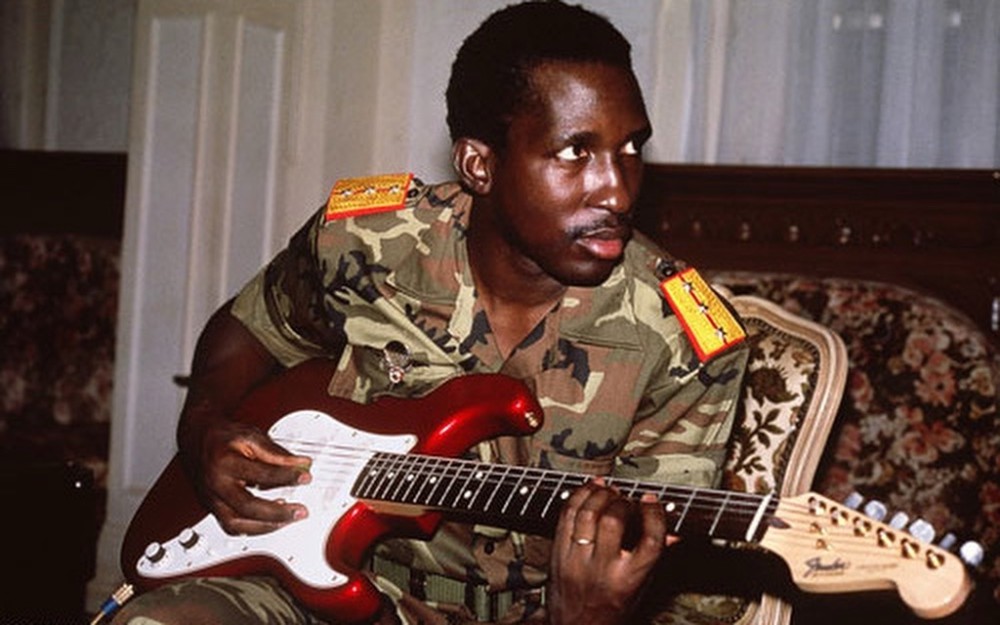
Jabari Wimbley: Limbo
Thomas Sankara, the Marxist and Pan-Africanist revolutionary who served as the President of Burkina Faso, treated politics as creative labor, translating will into an aesthetic of liberation. A guitarist and poet, he approached governance as composition, drafting social change as composition. Drawing from the grammar of fragment, rhythm, and nonlinear structure, Jabari Wimbley’s Limbo composes an affective tempo. Textile works take patchwork form in natural and Kool-Aid–dyed sheets, clothes, and fabrics in the language of maps, bodies, quilts, or abstracted flags.
Time skips and freezes across photographic, color-field diptychs as old and new images appear with renewed consideration, seasons shifting and archives revealing what remains in the long oscillation between loss and regeneration. Composed like an in-play mood-board, the diptychs explore matriarchal structures of care and endurance in a spatial logic of intuition and return. Wimbley’s selection of photographs from the archive of Luchita Hurtado and Lee Mullican extends this inquiry, favoring impressions over narratives while sensing place, time, and change as sites of potential.
Mobilizing the personal as the political, Wimbley redirects the demand that identity be performed as proof of suffering or virtue, moving through humor and image montage toward a stranger syntax of self. Here, a hood and flag are events in motion, sites of panic and grace that unsettle any promise of legibility, stability, and consumption. Wimbley’s anti-flags abstract the logic of symbols, reversing their function of fixed identification.
Jabari Wimbley is an artist based in Los Angeles. Recent exhibitions include Alabaster Projects, Los Angeles; Room 3557, Los Angeles; Des Pair Books, Los Angeles; Strada @ The Atrium, New York; Swim Gallery, Los Angeles; and Strada at Basic Space, Los Angeles. His work has been discussed in Flaunt Magazine, Jai Street, Office Magazine, and Suko Mag, among others. Wimbley is currently working on his first short film project.